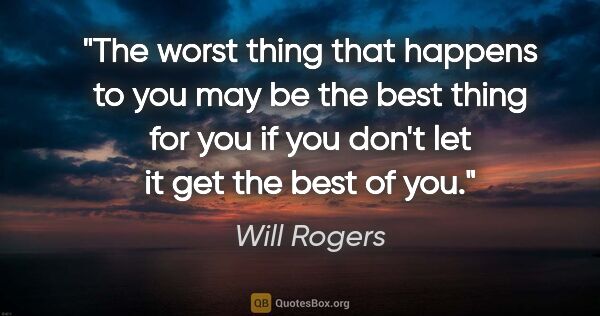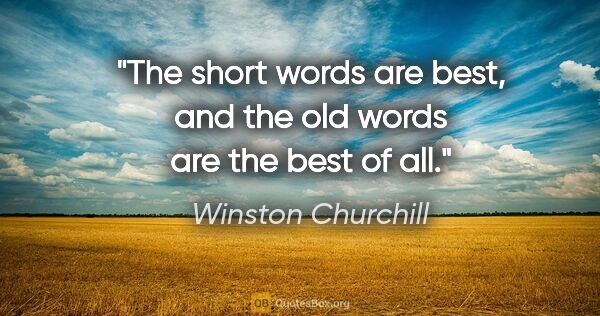Best Of The Best Quotes (page 63)
The idea of safety had shrunk into particles - one snug moment, then the next. Meanwhile, the brain piped fugues of worry and staged mind-theaters full of tragedies and triumphs, because unfortunately, the fear of death does wonders to focus the mind, inspire creativity, and heightens the senses. Trusting one's hunches only seems gamble if one has time for seem; otherwise the brain goes on autopilot and trades the elite craft of analysis for the best rapid insights that float up from its...
Diane Ackerman

Best not to look back. Best to believe there will be happily ever afters all the way around - and so there may be; who is to say there will not be such endings? Not all boats which sail away into darkness never find the sun again, or the hand of another child; if life teaches anything at all, it teachers that there are so many happy endings that the man who believes there is no God needs his rationality called into serious question.
Stephen King
The first rule of tinkering is, of course, ‘save all the parts.’ But in dismantling the social fabric, the parts cannot all be saved, for one of them is time. Time, we were told, is a river flowing endlessly through the universe and one cannot step into the same river twice. Not only can we not undo actions taken in haste and in fear (the Japanese Internment), but those taken from the best reasons, but that have proved destructive (affirmative action); the essential mechanism of societal...
David Mamet
The desert landscape is always at its best in the half-light of dawn or dusk. The sense of distance lacks: a ridge nearby can be a far-off mountain range, each small detail can take on the importance of a major variant on the countryside's repetitious theme. The coming of day promises a change; it is only when the day had fully arrived that the watcher suspects it is the same day returned once again--the same day he has been living for a long time, over and over, still blindingly bright and...
Paul Bowles
The best way to avoid abuses is for the populace in general to be scientifically literate, to understand the implications of such investigations. In exchange for freedom of inquiry, scientists are obliged to explain their work. If science is considered a closed priesthood, too difficult and arcane for the average person to understand, the dangers of abuse are greater. But if science is a topic of general interest and concern - if both its delights and its social consequences are discussed...
Carl Sagan


